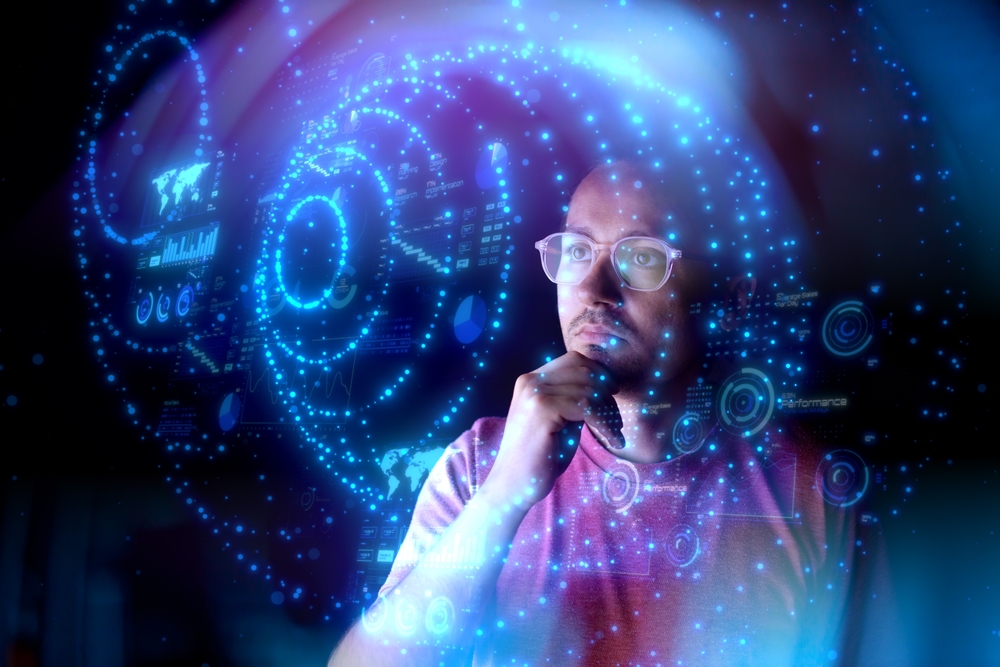
Belief is at the core of our relationship with AI, and it informs our hopes and fears for developing and using it.
We believe that it possesses authority, independence, and reliability that exceeds our meager human capabilities. We believe that it should be a constant source of useful counsel in our daily lives. We believe that any problems that it might present are actually shortcomings in ourselves. There’s no bad AI, just bad people.
We believe that it will improve us. All we have to do is trust and use it.
A religion isn’t founded on churches or clergy, but rather on personal faith. It’s an internal thing, something visceral and impossible to explain yet something that individuals find undeniably true and impossible to ignore. The canonical rules, rituals, and convoluted theological arguments come later.
Religion starts with belief, and we believe in AI.
So what?
It means that talking about AI as a technology similar to looms or other efficiency tools is incomplete, if not inaccurate.
Nobody has to believe in the merits of a wrench in order to use it. Faith isn’t required to see a factory assembly line spit out more widgets. Trust in the capabilities of new washing machines was no longer necessary after the first loads were done.
Engineers who develop such technologies don’t rely as much on belief as they do in the knowledge that X functions will yield Y results. It’s physics first, closely followed by economics. The philosophy stuff comes much later and is more color commentary than play-by-play insight.
Governments know how to regulate behaviors and things. Oversight of technologies (like social media, most recently) is limited by a lack of understanding, not that said tech is somehow unknowable. VCs and markets don’t need to understand new technologies as much as have the guts to bet on how others will value its promises.
AI is different.
We have all assumed that adding AI to our daily lives is a good idea. It is a given, based on faith alone, and therefore the questions we ask of it aren’t if or why but simply what and when. Its overall benefits will always supersede any hiccups we might experience as individuals, presuming we’re even aware of its actions.
The folks developing AI share a similar belief in its overarching promise to improve our lives and the world (and their bank accounts). The revealed truths of data science are unquestionable, so again, the conversations they have focus narrowly on that journey to ultimate enlightenment. Questions of its purpose yield to specifics of its incremental revelation.
And it turns out there is an aspect to AI that is intrinsically unknowable, as LLMs already answer questions they shouldn’t know how to address, teach themselves to do things without prompts, and even give hint to being aware of what they’re doing.
Joke all you want about aged legislators not understanding how to operate their smartphones, but they can’t and will never properly know how to regulate a phenomenon that isn’t just unknowable but will incessantly evolve and adapt.
AI advocates are happy with this outcome, as it allows them to pursue their faith unfettered by empowered doubters.
We’re missing the point if all we see is a technology that helps us write things or find better deals on shoe prices or, at the other extreme, might fix climate change or annihilate humanity.
AI is something more than just another technology. It’s a belief system that has already changed how we view ourselves and one another, and how we’ll behave moving forward.
Welcome to the flock.





No comment yet, add your voice below!